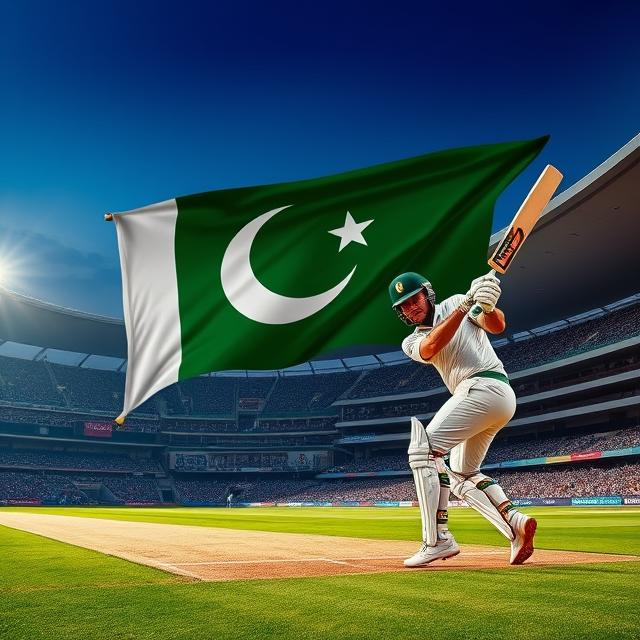Unveiling the Pakistan Army: A Deep Dive into its History, Role, and Modern Challenges

Unveiling the Pakistan Army: A Deep Dive into its History, Role, and Modern Challenges
The Pakistan Army, a cornerstone of Pakistani national security, has played a multifaceted role in the nation’s history. From its origins to its present-day engagements, the army has been a constant presence in shaping the nation’s destiny.
A Legacy Forged in Conflict and Transition: The Pakistan Army traces its roots back to the pre-partition British Indian Army. Following the creation of Pakistan in 1947, the army’s initial focus was on establishing a unified national identity and defending its borders in a challenging geopolitical landscape. Early engagements, like the 1947-48 and 1965 wars with India, shaped the army’s operational doctrines and highlighted the complex geopolitical dynamics of the region.
The role of the army has expanded over the decades, influencing the nation’s political, social, and economic spheres. Its interventions in domestic affairs have raised debate over the delicate balance between military and civilian authority. Understanding this historical context is crucial in comprehending the army’s contemporary position within Pakistani society.
Modern Challenges and Responsibilities: Today, the Pakistan Army faces a complex interplay of internal and external threats. These encompass challenges like terrorism, insurgencies, and maintaining security along contested borders. The geopolitical landscape of South Asia plays a significant role in the army’s operational framework.
The economic realities and social needs of the country also significantly influence the army’s strategy. Sustaining a modern military capability within resource constraints requires careful planning and effective resource allocation. In this environment, the army must balance its security responsibilities with the broader socio-economic needs of the nation.
The Path Forward: Navigating the Future: The future of the Pakistan Army hinges on several factors. Maintaining a strong defense capability against evolving threats is paramount. Strengthening diplomatic ties and engaging constructively with regional actors can foster a more peaceful and cooperative environment.
Finally, the Pakistan Army’s ongoing efforts towards modernizing its operations and improving its personnel training will be crucial for maintaining its effectiveness in the years to come. The complex interaction between the military and civilian spheres will be a continuous challenge that must be addressed with measured steps and transparent communication for a prosperous and secure future.
This analysis provides a glimpse into the multifaceted role of the Pakistan Army, acknowledging the complexities inherent in its historical journey and present-day challenges. Further research and exploration of this multifaceted issue are crucial for a comprehensive understanding.